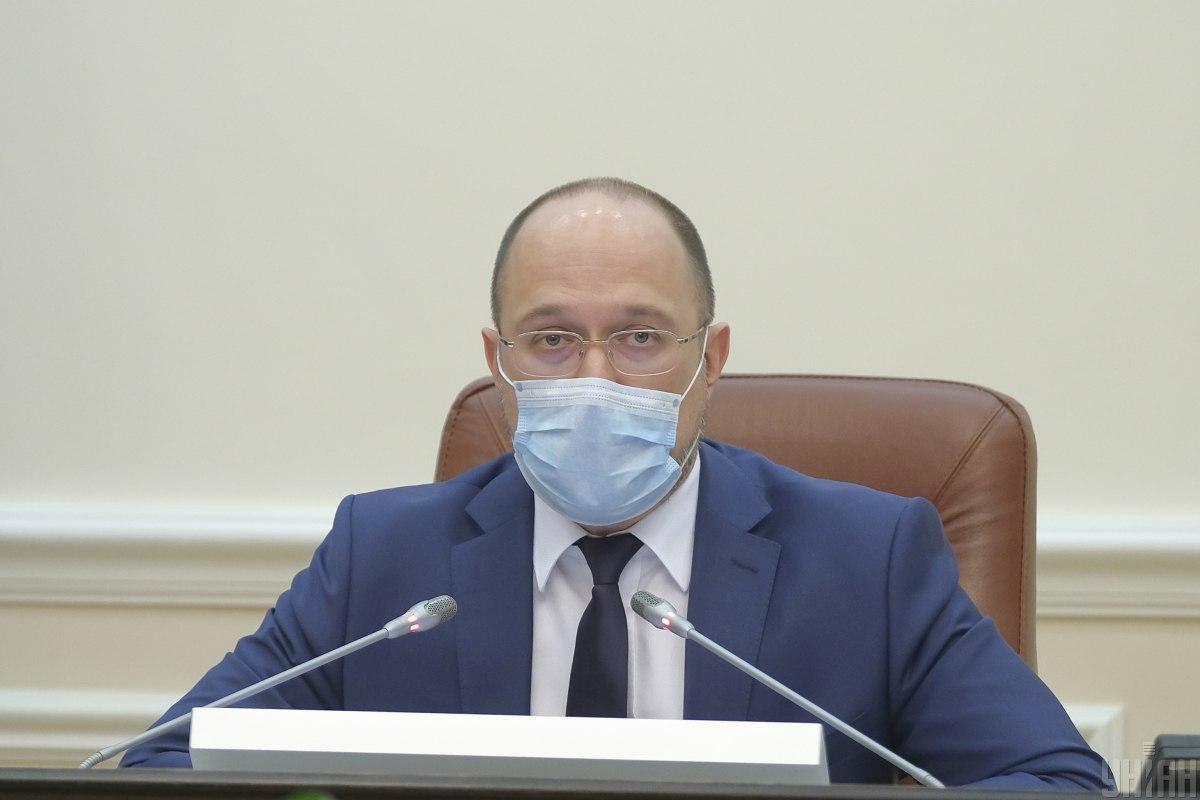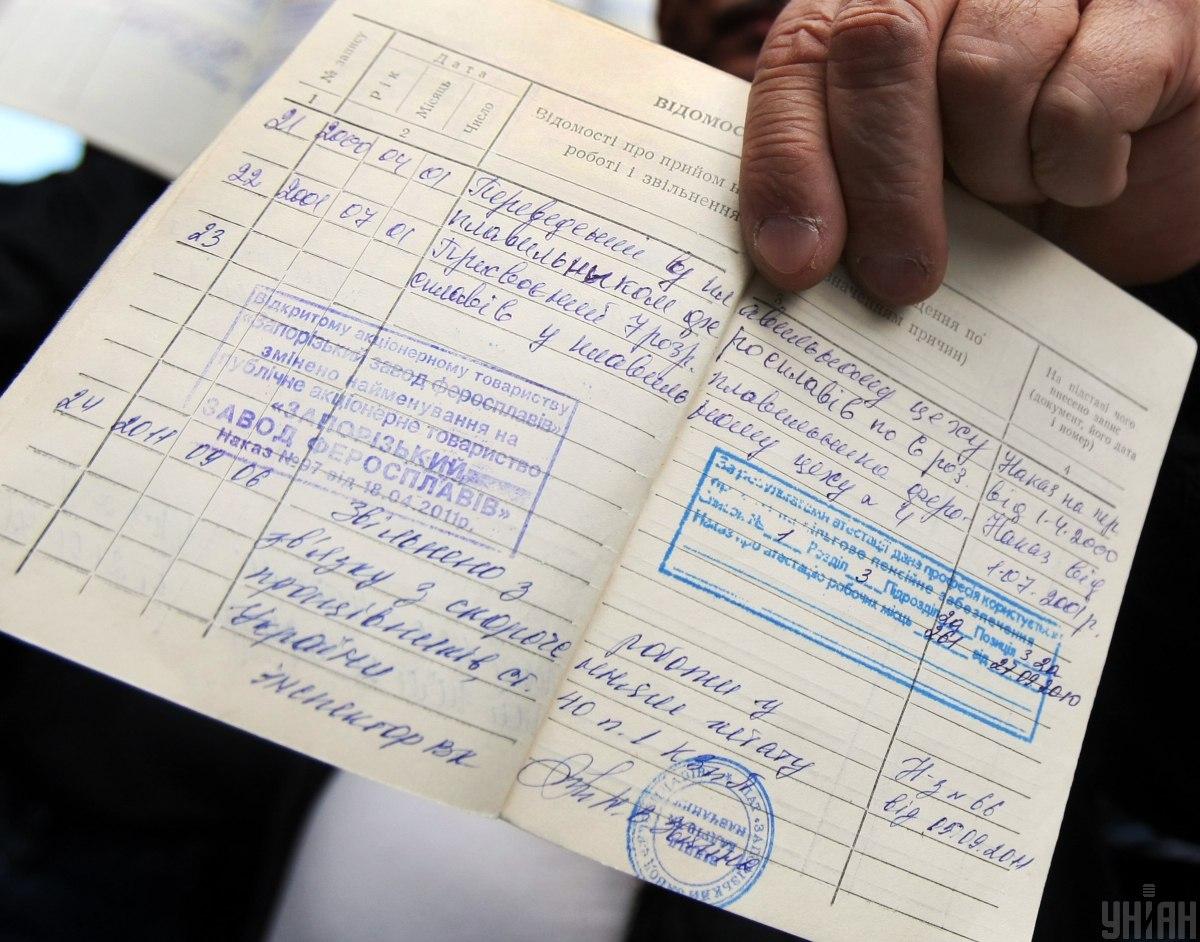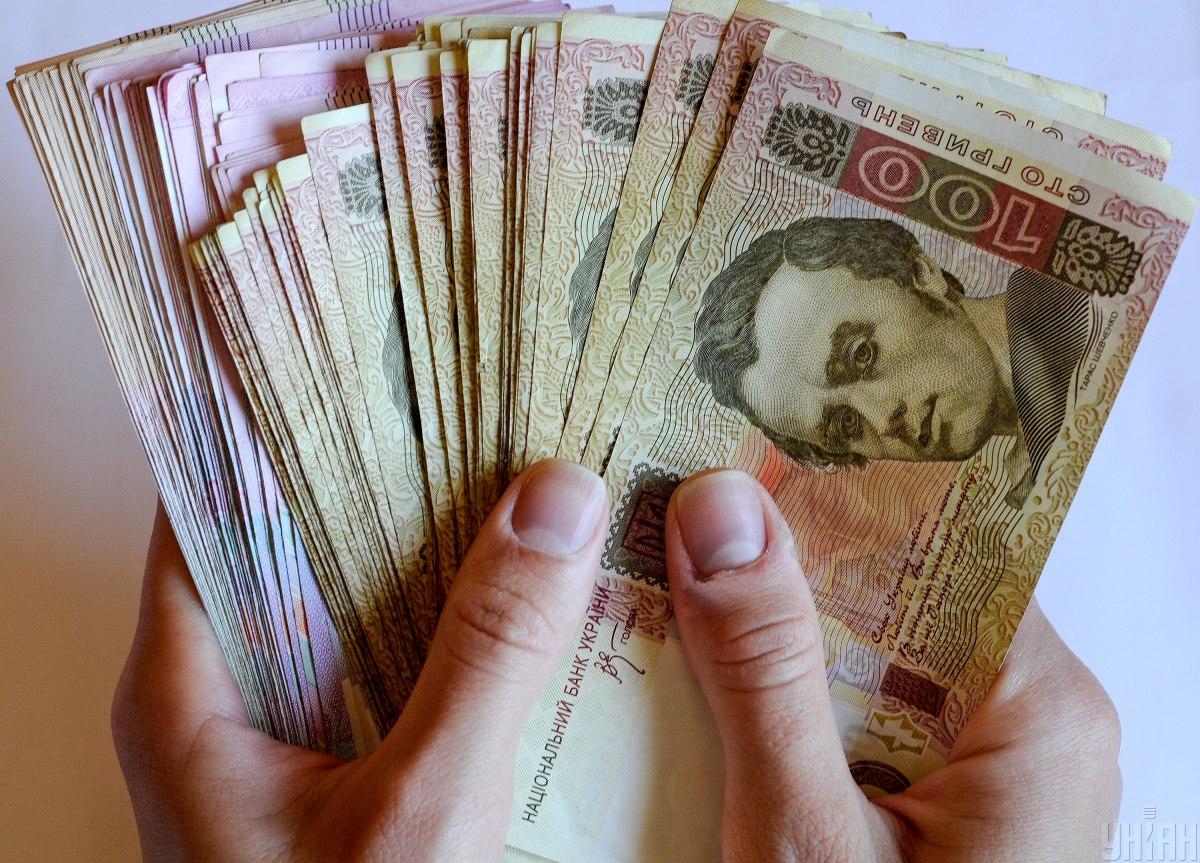
Week's balance: Rada sends Cabinet action plan for revision, air and rail travel resumes, while hryvnia beefs up
Ukrainian authorities continue with the easing of quarantine restrictions by resuming domestic rail and air travel, parliament sends the government's action plan for revision, while the hryvnia keeps strengthening – these are the main economic developments of the outgoing week.
The first week of the summer was marked by another round of quarantine concessions throughout Ukraine, which makes it possible to revive the national economy and encourage citizens.
Since Monday, after almost three months of downtime, passenger trains were allowed to run within the country. The Ukrzaliznytsia operator relaunched four hundred commuter trains and assigned five additional regional trains ahead of Trinity celebrations.
According to a government decision, ticket sales are open for 50 percent of seats to ensure social distancing, which has obviously become a new norm.
Also, interregional communication was launched by all modes of transport.

The ban was lifted on domestic flights, while international air traffic is set to be restored no earlier than June 15. Nevertheless, this is a positive signal for the entire aviation industry, which, without exaggeration, has become one of the most affected economy sectors amid the coronacrisis.
Since Monday, government allowed reopening gyms, fitness centers, and swimming pools in most regions, while spa areas remain on lockdown.
Cafes and restaurants were allowed to receive visitors indoors, and churches – to hold in-house services.
Government program yet to be finalized
In addition to quarantine concessions, in the context of the unfolding economic crisis, public and businesses logically expected from the government concrete and effective steps to save the economy. In the past week, the parliament decided to hear the Cabinet's action plan.
However, obviously realizing that the current program fails to meet today's challenges, Prime Minister Denys Shmyhal asked the Rada to send it back for revision. MPs branded the plan superficial and declarative, therefore supporting the prime minister’s request with 245 votes. According to President Volodymyr Zelensky, the government program does need to be improved, since it was planned back when no one was expecting the coronavirus epidemic to strike.
"A government program had been developed, but no one expected a coronavirus. Therefore, he [PM Shmyhal] turned to people, saying: we have a coronavirus, quarantine measures, and the government’s program should be changed due to COVID-19. We need to update it," Zelensky said.
Incidentally, Shmyhal’s Cabinet was appointed in early March and almost immediately faced the need to respond to the growing coronavirus threat, including to introduce tough quarantine. So the government’s action program was created at the height of the fight against a dangerous disease.

Thus, the 12-month immunity against resignation, which the Constitution awards to a government if their action plan is approved in parliament wasn't sealed this week.
Economic experts criticized the initial version of the plan, noting that there are more senseless initiatives in it for the state and citizens than useful ones. The details of the Cabinet’s finalized program of action will be seen no earlier than in two weeks, when the document is re-submitted to the Rada.
Meanwhile, the Verkhovna Rada did a number of reshuffles this week. Vadym Prystaiko was relieved from the post of vice-premier for European and Euro-Atlantic integration, to be replaced by Olha Stefanishyna. MP Oleksandr Tkachenko was appointed Minister of Culture and Information Policy.
Besides HR issues, the Rada adopted a number of laws, including: on an inventory of Ukrainian forests, on a new customs tariff, and on the protection of information in telecom systems.
New online services for businesses
The outgoing week turned out to be really tense and eventful for the government. On Wednesday, at its regular meeting, the Cabinet approved decisions designed to facilitate doing business in Ukraine.
The first concerns the introduction of electronic employment record. PM Shmyhal emphasized that the bill would allow automatic accrual of pensions. "Thanks to this bill, access to information on seniority will be simplified, and this will mean that pensions will be accrued automatically," said Shmyhal. It is worth noting that citizens will be allowed to also retain their traditional paper employment books upon request.
According to the European Business Association, this is an additional opportunity for businesses to save money on administering the process of hiring, transferring, and dismissing employees, while for employees, it means convenience and less bureaucracy. The Ministry of Social Policies suggests it will take five years to digitize data from paper employment books.

Another decision concerns the launch of a pilot project for issuing e-permits for the international goods shipments. Applicants may apply for permits through the Transport portal of electronic services. Moving this service online will also eliminate bureaucratic obstacles and increase objectivity and transparency of the application process and the issuance of permits.
"Such solutions absolutely meet the requirements of modern times – for the smooth operation of companies, even in times of crisis, most services should be transferred online. This is not only about resource-saving and convenience, it is also about more transparent relations between businesses and government, as well as readiness for any force majeure," said Svitlana Mikhailovska, Deputy Director for Representation of Interests of EBA Member Companies.
The government also supported the installation of 25 Weigh-in-Motion systems along Ukrainian motorways and the upgrade of 50 mobile stations. According to the Ministry of Infrastructure, such changes will effectively control the overall load parameters of trucks and minimize the destruction of roads as a result of the violation of max load regulations.
Stronger hryvnia

The foreign exchange market has also brought some good news as the hryvnia continued beefing up against the dollar, following last week's success. On the eve of the weekend, the hryvnia was fixed at the official rate of the NBU at UAH 26.60 to the dollar, on the interbank FX market – at UAH 26.60, and in Kyiv exchange booths – at UAH 26.80.
The reason for the strengthening was the expectation that next week Ukraine could finally receive the first tranche of the International Monetary Fund's loan as part of the new 18-month stand-by instrument offering a 5$ billion loan maturing in five years.
Therefore, obviously, the positive trend of hryvnia strengthening will continue into the next week. According to Finance Minister Serhiy Marchenko, an IMF loan will help cover the state budget deficit, which today equals about 8% of GDP, and finance social spending.
"To say that these funds are used only to pay debts is impossible. They cover our needs, which we must already finance ... We will be able to calmly survive this quite difficult period," said Marchenko.
Also, the minister assured that the country's economy has already passed the crisis stage, and there is every reason to believe that the state budget 2020 will be implemented in full.
The next week promises to be no less eventful. The National Bank's Board for Monetary Policy will hold a regular meeting, at which its members are likely to decide on the next reduction in the key rate.
Also, the IMF is set to decide on a new cooperation program for Ukraine, which will pave the way to financing from other international partners and help the country overcome the consequences of the coronacrisis.
Oleksandra Danko

